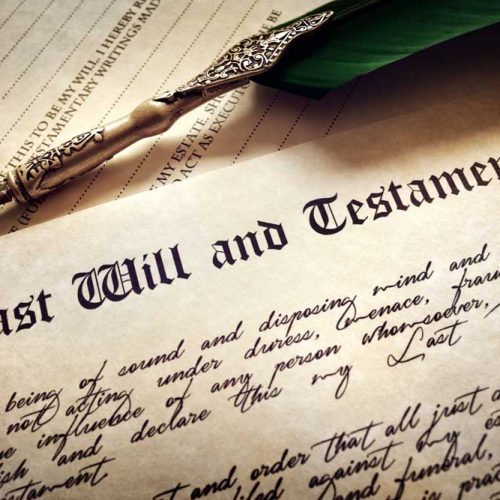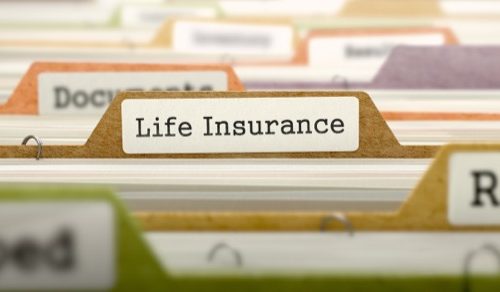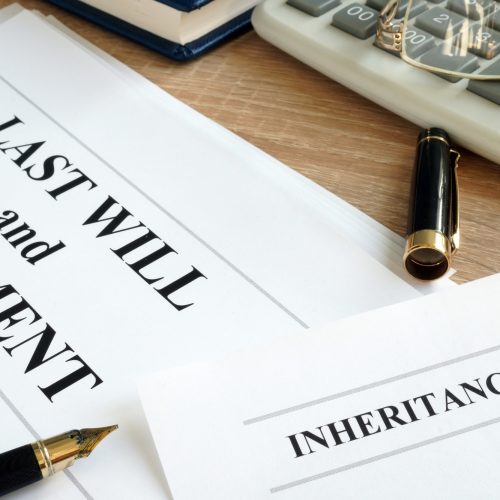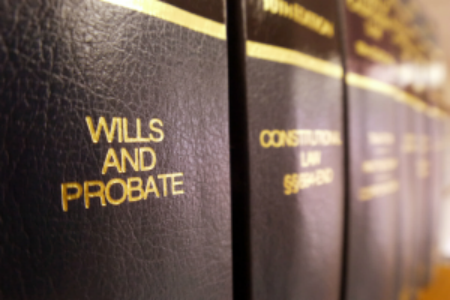10 Common Estate Planning Mistakes and How to Avoid Them
Every year more than 3.3 million people die in the United States. The death of a loved one can be an incredibly difficult time for their friends and family.
However, a lot of people are surprised by the amount of practical admin involved when a loved one dies. Making a plan for your estate before your death can help to ease this burden for your loved ones. It will also ensure that you can provide them with financial stability after your death.
That said, common estate planning mistakes can make things much more complicated for your loved ones after you die. So it is important to avoid these when creating an estate plan.
Not sure which mistakes to look out for? Then you’re in the right place. Read on to find out ten common estate planning mistakes and how to avoid them.
1. Forgetting to Make an Estate Plan
Only 33% of people in America have a comprehensive estate plan in place for when they die. So if you haven’t put your plan together yet, you’re in good company! Now is a good time to change this.
An estate plan lets you control what happens to your belongings after you die. This might include:
- Leaving the family home to your spouse
- Creating financial trusts for your children
- Making charitable donations
- Outlining who will be in charge of your business after you die
If you do not have an estate plan in place, this leaves room for a lot of legal disputes after your death. While family (and particularly spouses) usually take legal priority, others can dispute this. This could make life very hard and uncertain for the loved ones that you leave behind.
Fortunately, you can stop this from happening – even a basic estate plan is better than no plan at all. Your loved ones will be able to use this as evidence of your wishes. So make sure you get this down in writing and have it witnessed by a legal professional.
2. Not Updating Your Estate Plans Regularly
A lot of people make their first will when they take out life insurance, start making money, or have their first child. However, life can change a lot so it is important to update your will regularly.
For example, you may:
- Have acquired different types of assets, such as a business or life insurance policy, that you need to account for in your will
- Have got divorced and want to adjust the role of your ex in your will
- Want to add or change beneficiaries
- Decide to include contingent beneficiaries as you get older
Reviewing and updating your will ensures that it reflects your most recent wishes and covers all of your assets.
Loved ones, such as your children or spouse, are allowed to dispute an estate plan after your death. This is easier to do if your estate plan is very out-of-date. The person disputing your will could, for example, say that it doesn’t reflect your most recent wishes.
Updating your estate plan will make it harder for people to do this. This can make the administration of your estate much easier for your loved ones.
3. Not Giving Someone Power of Attorney
When making an estate plan, a lot of people focus on what will happen to their assets after they die. However, this means that they overlook other important things, such as giving someone power of attorney.
Power of attorney legally authorizes a person (or several people) to act on your behalf if you become incapacitated. For example, this may happen if you have an accident that leaves you in a coma or unable to communicate.
You can give someone power of attorney in two areas: financial decisions and health care decisions.
Without power of attorney, your loved ones may struggle to act on your behalf. They may also not legally be allowed to make decisions about your finances and healthcare.
Giving one or more people the power of attorney makes it easier for them to manage your estate. This also allows you to pick who you want to represent your interests if you are incapacitated.
4. Forgetting to Factor in Retirement Costs
Most people will make an estate plan while they are working but your financial situation can change a lot after retirement. Failing to factor in your retirement costs could leave your loved ones with a lot less financial support after your death.
Fortunately, it is easy to avoid this common estate planning mistake with some basic planning. You will need to look at:
- Nursing home costs
- The cost of at-home care
- How much you need to spend before you qualify for Medicare funding
This will help you make informed decisions about your spending during retirement. It can also help you figure out how much you need to save to qualify for Medicare without bankrupting your spouse.
5. Signing Over the Deed to Your Home
Good estate planning can save your loved ones money on inheritance taxes.
However, one of the biggest mistakes people make is signing over the deed to their home before they die. This might involve signing your home over to your spouse or your children, for example.
This is a bad idea for multiple reasons. Firstly, it means that you no longer have legal control of your own home while you are still alive. So if the new owner wants to kick you out and sell it, there is nothing you can do!
Giving your child or spouse the title of your home is also seen as a taxable gift. This means that you won’t save them any money by putting their name on the deed.
Instead, you should speak to your estate planning lawyer about tax-free ways to pass on your assets.
6. Choosing the Wrong Person to Handle Your Estate
When making an estate plan you will have to choose estate plan beneficiaries. These are the people who will inherit your assets.
However, you also need to appoint someone to be the executor of your estate. They will oversee the probate process.
A lot of people choose their spouse or a close relative to be the executor of their estate. This can be a big responsibility for someone who is also grieving. They will have to handle complex financial, legal, and tax proceedings.
An experienced estate lawyer will be able to help you choose the right executor for your estate. So it is a good idea to discuss this with them while you are creating an estate plan.
7. Not Making Non-Taxable Gifts Before Your Death
If you have a lot of assets to pass on to your loved ones this can become very expensive for them. They will have to pay inheritance tax on the majority of your assets.
You can save them money by gifting certain assets before your death. For example, you make an estate tax-free gift of up to $15,000 per year to your spouse. This can significantly ease the burden of inheritance tax for your loved ones when you do die.
8. Forgetting to Transfer Your Insurance Policy to a Life Insurance Trust
Speaking of inheritance tax, you can save your loved ones money by putting certain assets into trusts and retirement plans. Your life insurance policy is a significant asset and will be included in your estate taxes after your death.
However, you can transfer this to a life insurance trust. This makes the proceeds of your policy tax-free as they are not directly owned by you.
The trust will then pay out your policy to your loved ones. So they will still see the financial benefits of your life insurance policy.
9. Thinking That You Do Not Need to Make an Estate Plan
If you don’t have a lot of money in the bank you might think an estate plan is unnecessary. However, an estate plan isn’t just about your finances.
You can also use this to:
- Appoint someone to make medical decisions on your behalf
- Give a business partner power of attorney while you are out of the country
- Name a guardian for your children
So, if you want to have control of who makes decisions on your behalf, it is a good idea to create an estate plan sooner rather than later.
10. Creating an Estate Plan Without Expert Help
Estate planning isn’t as simple as drawing up a will and naming beneficiaries. Probate is a complex legal process and having a thorough plan in place will make this smoother for your loved ones.
Because of this, it is a good idea to speak to an estate planning lawyer about your assets. They will teach you about:
- Strategies for reducing inheritance tax
- Different state inheritance laws
- Proposed changes in tax law that could affect your will
They will also ensure that your estate plan is strong enough to counter legal challenges. So even if you already have a do-it-yourself plan in place, it is a good idea to review this with an experienced estate lawyer.
Get Help Avoiding These Common Estate Planning Mistakes Today
As you can see, drawing up an estate plan isn’t as simple as making a will. How you distribute your assets will have a big impact on how much tax your loved ones have to pay. So the more detailed your estate plan is, the easier life will be for your loved ones after your death.
Do you feel ready to put together your estate plan and want help avoiding common estate planning mistakes? Then get in touch with De Bruin today. Our experts in estate planning will be happy to help.














Leave a Reply
Want to join the discussion?Feel free to contribute!